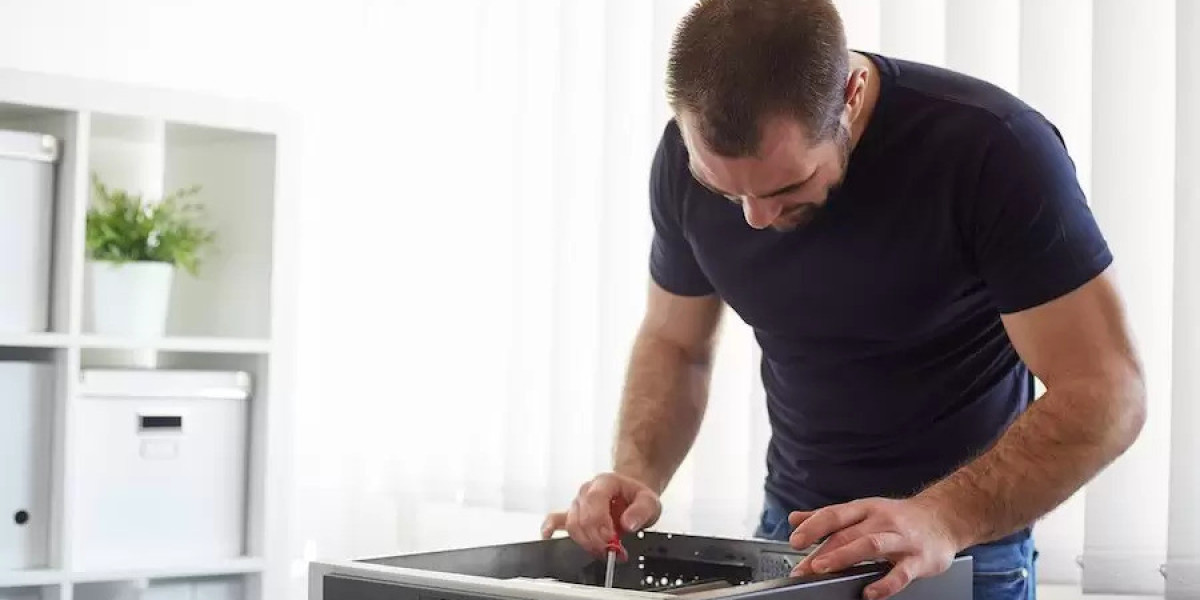Navigating the complexities of a romantic relationship can be both rewarding and challenging. Couples often face various hurdles that test the strength of their bond, from communication breakdowns to unresolved conflicts. Couples therapy offers valuable tools and techniques to help partners overcome these obstacles and build a stronger, more fulfilling relationship. In this article, we'll explore some of the essential tools provided by couples therapy for achieving relationship success.
Understanding Communication Dynamics
Active Listening
Active listening is a cornerstone of effective communication in couples therapy. Therapists teach partners to truly listen to each other without interrupting or becoming defensive. By validating each other's feelings and perspectives, couples can foster empathy and understanding, laying the groundwork for healthier communication and connection.
Assertive Communication
Assertive communication involves expressing thoughts, feelings, and needs in a clear, honest, and respectful manner. Couples therapy helps partners develop assertive communication skills, enabling them to communicate their needs and boundaries effectively while also respecting those of their partner. This approach promotes open dialogue, reduces misunderstandings, and strengthens the foundation of the relationship.
Nonverbal Communication Awareness
Nonverbal cues such as body language, facial expressions, and tone of voice play a crucial role in communication. Couples therapy encourages partners to become more aware of their own and their partner's nonverbal cues, helping them interpret and respond to each other more effectively. By paying attention to nonverbal communication, couples can deepen their understanding and connection.
Strengthening Emotional Bonds
Emotionally Focused Therapy
Emotionally Focused Therapy (EFT) focuses on identifying and addressing the underlying emotions that drive relationship dynamics. Therapists help couples explore their emotional needs and attachment patterns, fostering deeper intimacy and connection. By nurturing emotional bonds and creating a safe space for vulnerability, EFT enhances the strength and resilience of the relationship.
Building Empathy
Empathy is the ability to understand and share another person's feelings, and it's essential for fostering intimacy and connection in a relationship. Couples therapy encourages partners to practice empathy by actively listening to each other's experiences, validating each other's emotions, and perspective-taking. Cultivating empathy strengthens emotional bonds and promotes mutual support and understanding.
Cultivating Gratitude and Appreciation
Expressing gratitude and appreciation can significantly impact relationship satisfaction and longevity. Couples therapy may incorporate exercises to help partners express gratitude for each other's positive qualities and actions. By focusing on the positives in the relationship, couples can reinforce feelings of love and appreciation, enhancing their overall satisfaction and happiness together.
Conclusion
Couples therapy offers invaluable tools and techniques for achieving relationship success. From improving communication skills to nurturing emotional bonds and cultivating gratitude, these tools empower partners to overcome challenges and build a stronger, more fulfilling relationship. By embracing the guidance of therapy and committing to growth and connection, couples can navigate the ups and downs of their journey together with greater resilience and harmony.







